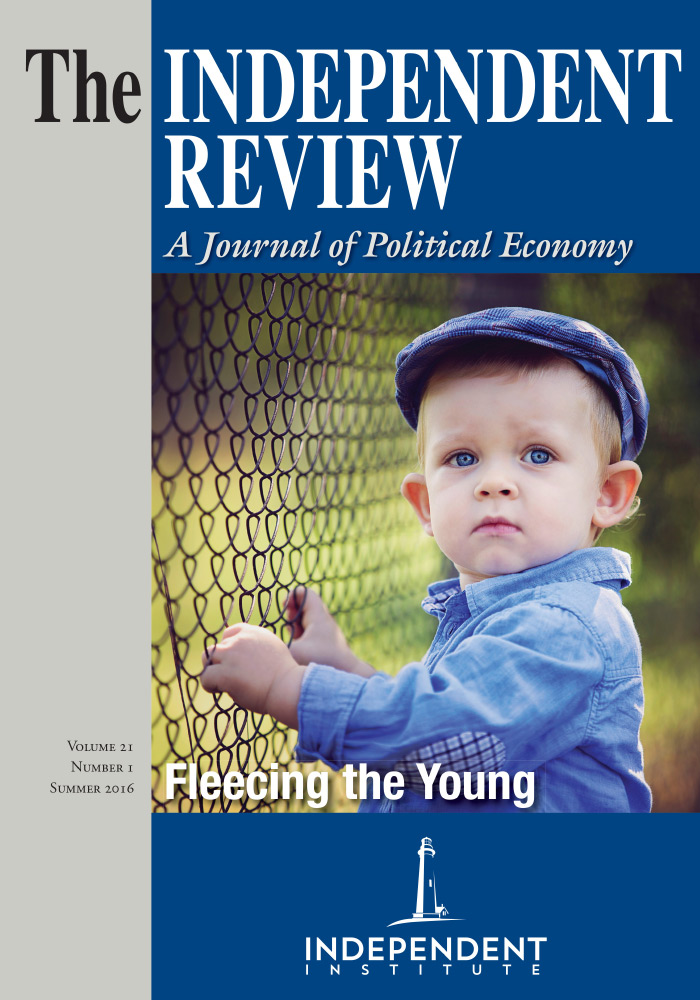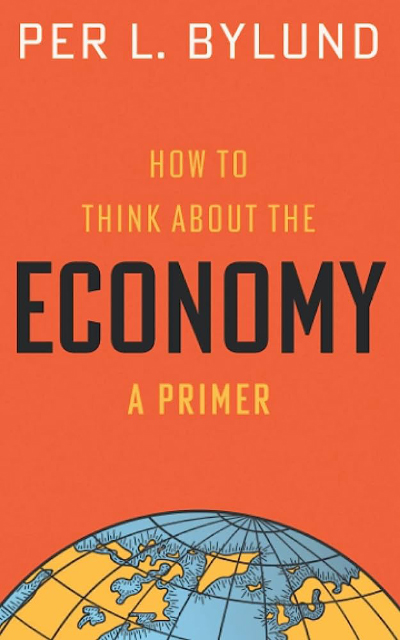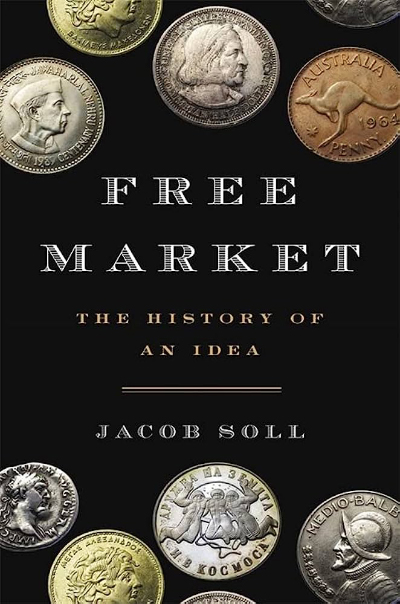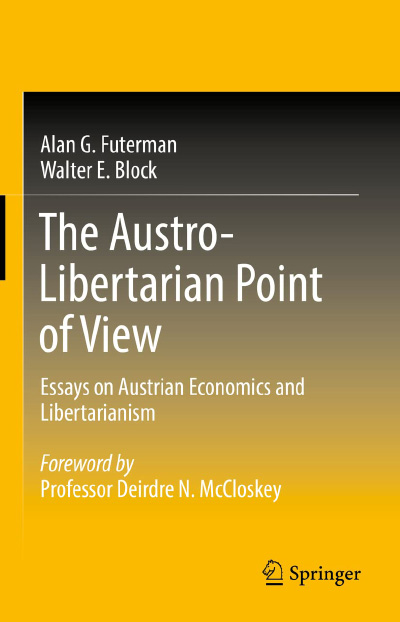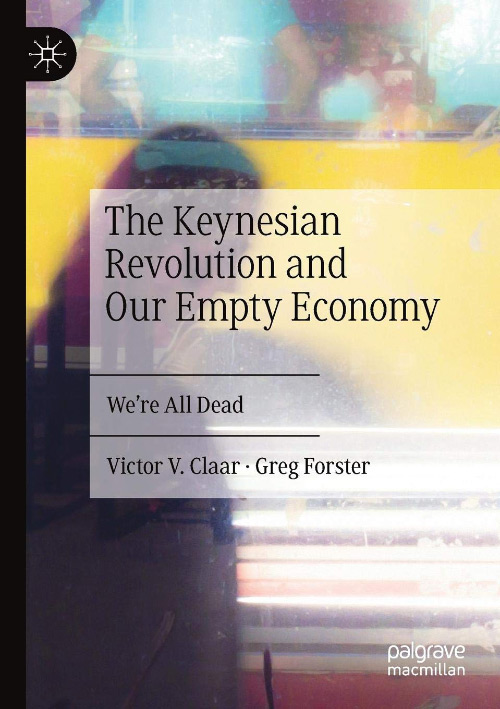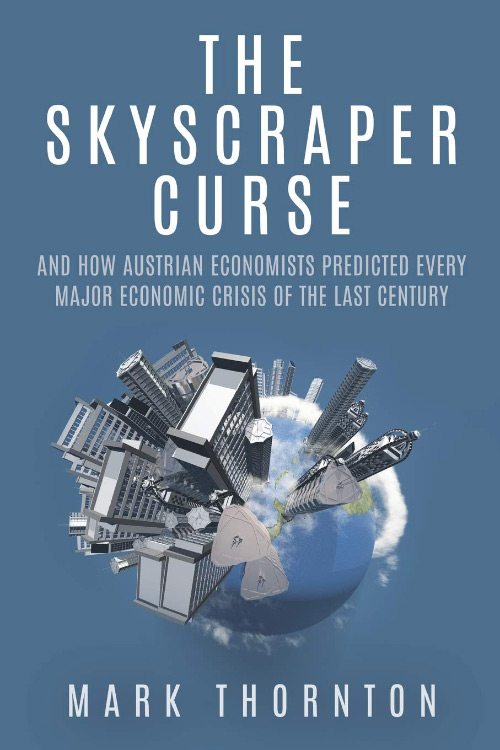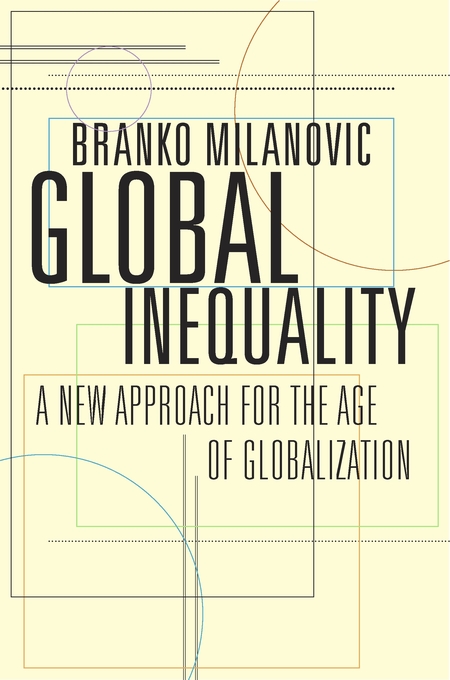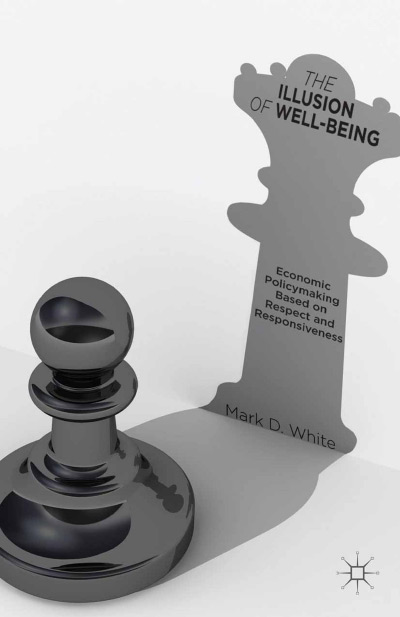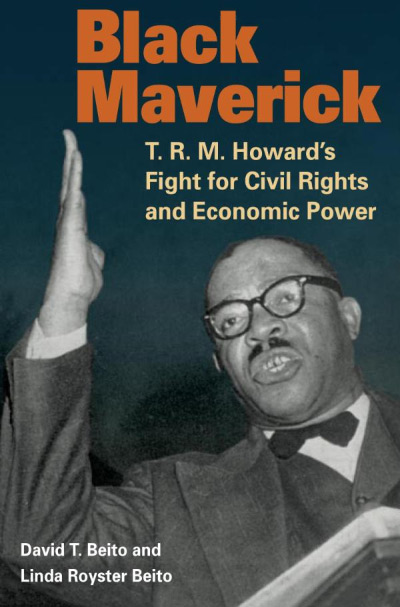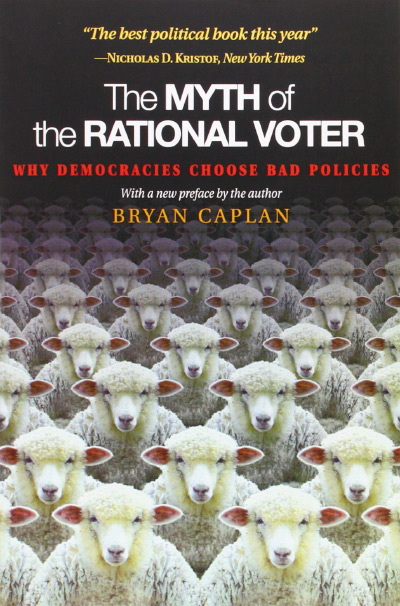The Economic Freedom of the World Project began over 25 years ago in an attempt to objectively measure economic freedom and explore the connection between it and other variables. The initial summit involved sixty of the world’s top scholars including three Nobel laureates and has since grown into a major resource for understanding how capitalism and sound market institutions affect prosperity (James Gwartney, Robert A. Lawson, and Joshua Hall, "Economic Freedom of the World: 2014 Annual Report," Fraser Institute). Economic Behavior, Economic Freedom, and Entrepreneurship is an exposition on the merits of economic freedom with a particular emphasis on two topics: economic behavior and entrepreneurship. Cebula, Hall, Mixon, and Payne do an excellent job of compiling many interesting topics in its twenty-one chapters and recruiting a broad array of experts to contribute to this volume. There is a logical flow and design in the volume’s structure, which is much appreciated. Broadly speaking, it begins with a discussion of institutions and economic freedom. It describes the concept and measurement of institutions to the reader, with a particular emphasis on economic institutions, i.e. economic freedom. It then explains how these institutions often facilitate productive and efficient behavior, which serves as a basis for the entire book. The middle of the book expands this discussion to examine economic freedom and human behavior with many applications in public policy. The book concludes with an exploration of the relationship between entrepreneurship and economic freedom.
Readers will find this a useful guide if they are interested in anything even remotely related to institutional theory, economic freedom, or entrepreneurship. The book is written by academic scholars for other scholars. However, policy analysts will also find the content on economic freedom and economic behavior very interesting, especially chapters 9 through 15.
The book begins with an introduction to economic freedom and explains both the measurement and consequences of institutions imbued with a strong degree of economic freedom. Even if readers are quite familiar with economic freedom, the review presented will likely identify new findings, frameworks, and literature summaries. Chapter 1 offers an interesting review of the literature on economic freedom and income inequality—a relevant and highly debated topic today. Attention then turns to measurement (chapter 2), a survey of economic freedom studies (chapter 3), and measuring economic freedom in the United States (chapter 4). While entrepreneurship is not emphasized until later in the book, chapters 5 and 6 offer a preview of things to come. The book then turns towards the first of its two themes.
The first theme of the book discusses the connection between economic freedom and economic behavior. It uses the discussion of economic freedom in the opening chapters to expand upon the theory that more personal freedom may have profound positive impacts on personal choices and the economy—providing a substantial amount of evidence to support this position in chapters that examine economic freedom and housing prices (chapter 9), immigration (chapter 11), migration (chapter 12), labor force participation (chapter 13), and micro-financing (chapter 14), among others.
The second theme of the book is the relationship between economic freedom and entrepreneurship. Most of these chapters are founded on the premise that entrepreneurship is promoted by sound market institutions, commonly measured by economic freedom. As demonstrated in William J. Baumol seminal article, "Entrepreneurship: Productive, Unproductive, and Destructive" (Journal of Political Economy 98(5), [1990]: 893-921), entrepreneurship may be either productive, unproductive, or destructive and the degree of institutional quality may greatly affect the supply of entrepreneurship to each type. Chapter 16 offers a good review and extension of this type of research. Other chapters discuss economic freedom and how it relates to entrepreneurship by examining outcomes either across countries (chapters 17 and 18) or within the United States (chapters 19 and 20). The last chapter then discusses entrepreneurship as it pertains to unemployment.
I would have also appreciated more variation in the chapters on entrepreneurship and economic freedom. The findings from these chapters, either based on theory or data, reveal that high quality institutions facilitate entrepreneurship. But, this is hardly a novel finding. To its credit, chapter 19 does expand on this relationship by explaining how economic freedom might improve entrepreneurship outcomes but only under certain conditions; that is, sound market institutions affect entrepreneurship more in poorer areas, and this effect is entirely dissipated as incomes increase. Still, an exploration of economic freedom and entrepreneurship at a deeper level may have pushed the boundaries of knowledge, and these findings would be more useful to scholars immersed in the field of entrepreneurship. Despite these criticisms, it is my opinion that this book offers a nice survey of economic freedom with many applications to policy and entrepreneurship, and it is a book that most will want to read.
In summary, readers who are interested in learning more about economic freedom, entrepreneurship, or the policy implications arising from these topics will want to read this book. Economic Behavior, Economic Freedom, and Entrepreneurship would make a good read even if one is only interested in entrepreneurship or economic policy. If one is interested in both topics, then reading this book is a must. Interested readers will include academic scholars in economics, sociology, entrepreneurship, management, and many other fields. This list should also include readers in non-academic settings such as policy analysts who may find the implications pertinent to their work. Finally, for anyone interested in learning more about economic institutions, this book would make a great place to begin that exploration.
CHRISTOPHER J. BOUDREAUX Texas A&M International University

